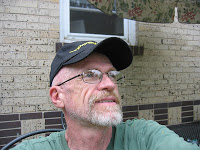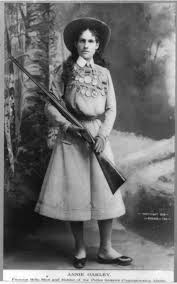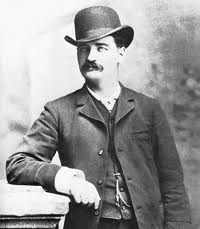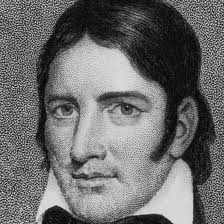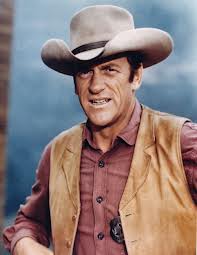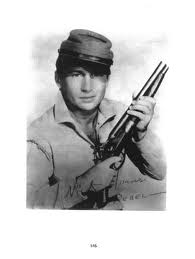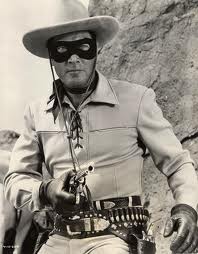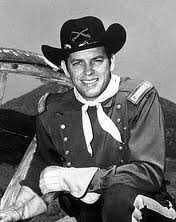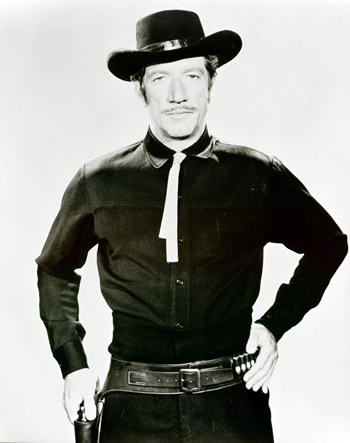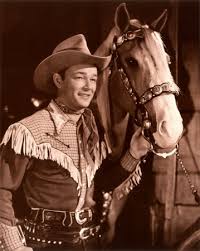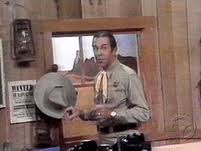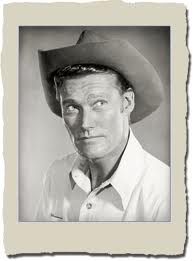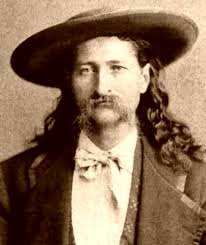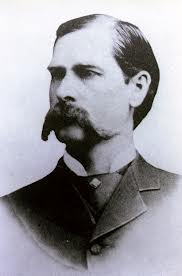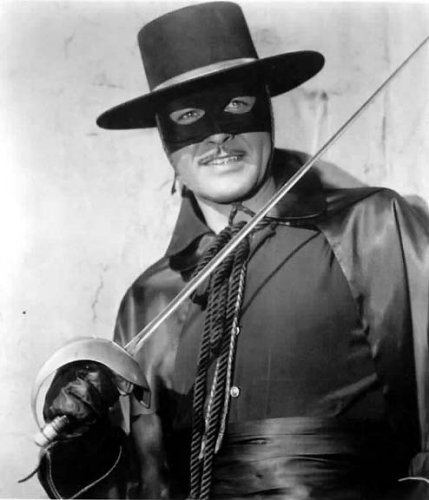Beginning in August 1972 until July 1976, I worked as a Deputy Sheriff in Pima County, Arizona. August through November consisted of training at the Southern Arizona Law Enforcement Institute [commonly known as the Tucson Police Academy]. My father and future wife attended the graduation ceremony. After the ceremony, I patrolled out of the substation located in Marana, which at that time was a small unincorporated community located 24 miles north of Tucson along Interstate 10. You might say I was involved in several adventures during those years, but to me it was just keeping the peace.
As a little boy in Redondo Beach, California, I would watch the Sheriff John cartoon TV show each day. As I grew and moved to different homes, I began to watch the current popular western TV shows of the time featuring characters such as Wyatt Earp, Bat Masterson, Matt Dillon, Paladin, Lucas McCain, Johnny Yuma, Wild Bill Hickok, Annie Oakley, Zorro, Lt. Rip Masters, The Lone Ranger, Davy Crockett, and probably more, which I do not recall now. Thus, these characters became somewhat of role models to me and created a desire to become a “lawman.” But then again, I also wanted to be a teacher, a military officer, and a farmer. Strangely enough, I did actually did accomplish all four of those juvenile desires, not by proper planning, but by taking advantage of opportunities that sprang up unexpectedly.
During my younger preteen years, I read many comic books. However, those cartoon “heroes” did not create any desires in me to become them. They were “unreal,” completely fake, unlike the “real” people playing the characters of heros I watched on TV. Sure, I would imagine or fantasize what it would be like to have super powers or abilities, but I also knew that even though they were fun stories, such things did not exist in the real world. However, it was fun to dress up as Superman at Halloween.
While still in a K-8 elementary school, I wrote a book report using the autobiography of Wyatt Earp. This really cemented the subconscious desire to follow his example. Sadly, my real life, the Vietnam conflict, and the “draft” teamed up to cause a temporary blockage to that desire when I joined the Air Force to avoid being drafted into the Army upon flunking out of my first year of college.
Upon my discharge from the Air Force, I returned to college life this time at Brigham Young University for one semester before moving to Tucson. During the Christmas break, I had gone to Tucson to visit an ex-military family that had been my “adopted family” while I served in Florida. One day, while stopped at a traffic light, I saw a billboard that read, “Support Your Local Sheriff.” I thought it was an advertisement for the James Garner movie by the same name. When I glanced at the sign again, I noticed the rest of the message, which read in its entirety, “Support Your Local Sheriff, Get a Massage.” As it turned out, the local sheriff owned the massage parlors in Tucson.
A day or two later, I was at my adopted family’s home when some ladies from the church visited and I overheard one of them telling how the “crooked” sheriff had recently resigned rather than face prosecution and the department was hiring because about half of his deputies resigned at the same time. I saw an opportunity because at the time, police officers were not very popular, much more so than nowadays. I returned to BYU, took my final semester exams, then returned to Tucson, and submitted an application.
Eventually, I entered the police academy. On the first day of class, I learned two important life lessons. The first one is that an electric shaver does not shave close enough and I have used a razor ever since. The second lesson involves what we were all told. The academy commandant informed us that for each of the 23 deputy sheriff cadets in our class, they had interviewed 10 applicants; 230 in all. If I had known in advance that the odds of selection were 1 in 10, I never would have applied. I learned to try in spite of the odds.
One of the questions asked of me by the selection board was, “How do you see this position; as a police officer or as a peace officer?” I answered, “peace officer.” I have always believed that it is better to solve a problem than to simply treat the symptom by taking the easiest solution (i.e. arrest someone).
Thus, during my time as a deputy, there were two cases that I consider my best work.
The first case involved a “runaway” boy from one of our church member families. While the other deputies working in the substation, would have waited until they spotted him, arrest him, and deliver him to the juvenile authorities, I took a different approach. I went to a convenience store where kids of his age would visit and spoke to several to see if they knew the boy. To those who said they did know him, I asked them to give him a message if they were to see him. It worked. The boy came to where I was waiting one day and I spoke with him about how his parents were worried about him and how much trouble he would cause the family he was staying with, if any other deputy should find him. I explained to him he needs to go home before he causes a problem. I phoned his parents and informed them the boy is okay and would return home in a day or two. He went home the next day. Case closed with potential problems avoided.
The second case also involves a boy, also about 12-years old. This boy was repeatedly cutting through a neighbor’s property, taking a shortcut to the school bus stop after being told not to trespass by the property owner. This was a big deal to the owner as he and his wife were building their house and all the walls were not up yet, specifically the bathroom walls.
When I arrived at the boy’s home one afternoon, the “runaway” boy from the previous story was also there. I explained the situation and the trespassing law to the boy and asked him what we should do about it. He had a small “chip-on-his-shoulder” and told me that he did not know. So, I told him that I should probably take him to Tucson and let his parents come there to get him. (I can be mean when I have to be.) The boy immediately burst into tears. I cannot stand it when kids cry and my heart melted. I had not even planned to carry out my statement but only intended to place some major psychological pressure on him. I gave him a reasonable alternative just between us with no report to his parents. 1. Go and apologize to the owner, 2. explain about the school bus shortcut, 3. promise not to use the shortcut again, and 4. ask if after the house was finished, he could use the shortcut again. I told the runaway boy never to tell anyone that the first boy had cried. I drove to the owner’s house and reported on my conversation with the boy. I explained that I don’t want a neighborhood feud and was giving the boy a chance to redeem himself. At first the man was a little unhappy but he came around to my view. As we were talking, I saw the boy walking towards where we were, so I told the man that they could work this out and I left. We never got another call from that man concerning the boy and no feud developed.
That is what “keeping the peace” is all about.
My Childhood TV Heros
© 9 June 2013
About the Author
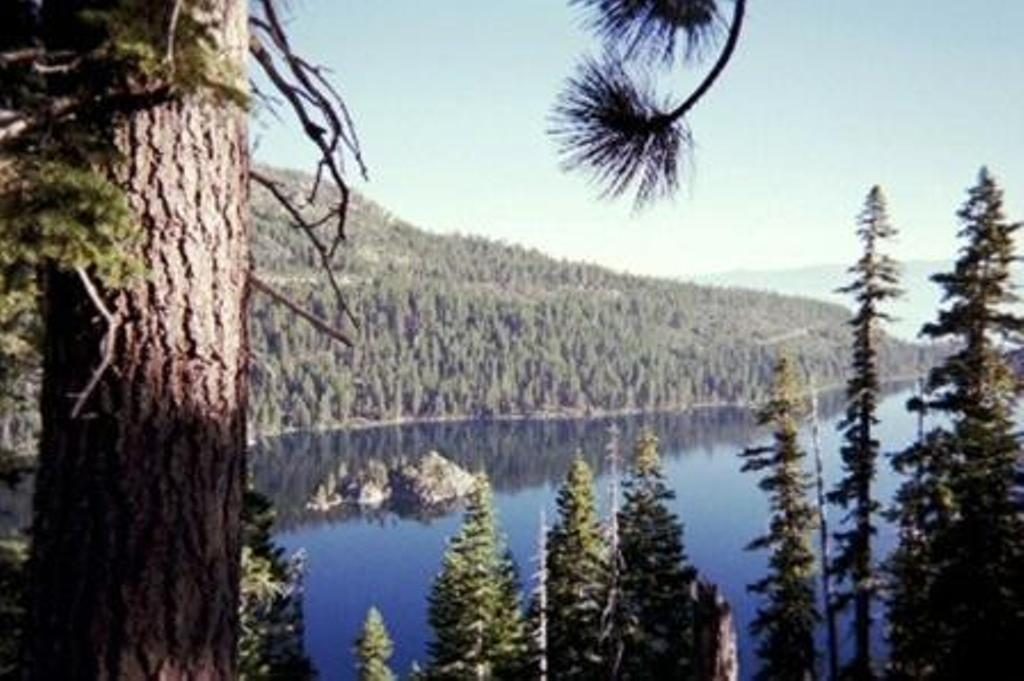 |
| Emerald Bay, Lake Tahoe, CA |
I was born in June of 1948 in Los Angeles, living first in
Lawndale and then in Redondo Beach. Just
prior to turning 8 years old in 1956, I began living with my grandparents on
their farm in Isanti County, Minnesota for two years during which time my
parents divorced.
When united with my mother and stepfather two years later
in 1958, I lived first at Emerald Bay and then at South Lake Tahoe, California,
graduating from South Tahoe High School in 1966. After three tours of duty with the Air Force,
I moved to Denver, Colorado where I lived with my wife and four children until
her passing away from complications of breast cancer four days after the 9-11
terrorist attack.
I came out as a gay man in the summer of 2010. I find writing these memories to be
therapeutic.
My story blog is, TheTahoeBoy.Blogspot.com.
